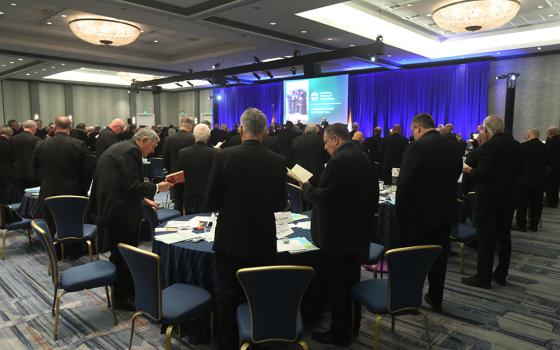The Economist's G. Elliott Morris describes himself as a "data-driven journalist" and this tweet shows why we should be suspicious of the type.
When he suggests that general election polls today are the best way to determine who is most likely to defeat President Donald Trump 10 months hence, he is demonstrating his own blinders. There is a whole campaign to happen between now and then. There are hundreds of variables and history offers wildly differing lessons. At this stage, even for primaries, national polls are more or less useless compared to state polls in Iowa and New Hampshire. (Cf. Rudy Giuliani's 2008 wipeout despite leading in national polls.) "Data-driven" people tend to overemphasize the significance of their data. I reminded of something once written by the great Leon Wieseltier: There is not a graph in the world that will explain the place of graphs in the world.
Relatedly, at FiveThirtyEight, Geoffrey Skelley highlights polling data that is relevant, data from Iowa, and it shows that this might be the most competitive caucus ever: Never before have four candidates been within 10 points of the lead. And there remain more minor candidates in the race than is usual, candidates unlikely to clear the 15% threshold needed and their voters will be able to support their second favorite choice. Buckle up.
Also relatedly, at Politico, Alex Isenstadt reports on the discussions within the Trump reelection campaign about the prospect of running against Sen. Bernie Sanders. Some of Team Trump recall how much the Democrats wanted to run against Trump in 2018, just as Democrats were thrilled to run against Ronald Reagan in 1980. Until they weren't. The word "socialism" is loaded, to be sure, but there are ways in which Bernie measures up better against Trump than any of the other Democrats do, most especially in his complete unwillingness, even inability, to sound like a cagey politician.
At Working-Class Perspectives' blog, from Georgetown University's Kalmanovitz Initiative for Labor and the Working Poor, Ken Estey takes issue with the "faith and work" movement in evangelical circles, about which Molly Worthen wrote an interesting piece in The New York Times a few weeks back. I praised Worthen's article in my Links column, but I also find myself agreeing with Estey's critique. Evangelicals would benefit from Catholic social teaching, but then again, Catholic social teaching leavens everything it touches.
Advertisement
At SCOTUS blog, Amy Howe explains the Supreme Court's lifting of a nationwide injunction against the Trump administration's "public charge" rule. There are merits to both sides of the legal argument, but there is no merit to the underlying policy. The U.S. government should not be able to deny a green card because it predicts an immigrant might avail himself or herself of government services. People exceed expectations all the time, and others fail to meet them.
Can we get the Sardines to come to Iowa? In The Atlantic, a report on the defeat of Matteo Salvini in the regional elections in Emilia-Romagna. A flash mob helped inspire people to vote in favor of their political institutions and against an internet-driven disruption. Could the U.S. be ready for a similar reaction against our tweeting disruptor-in-chief?
[Michael Sean Winters covers the nexus of religion and politics for NCR.]
Editor's note: Don't miss out on Michael Sean Winters' latest. Sign up and we'll let you know when he publishes new Distinctly Catholic columns.








